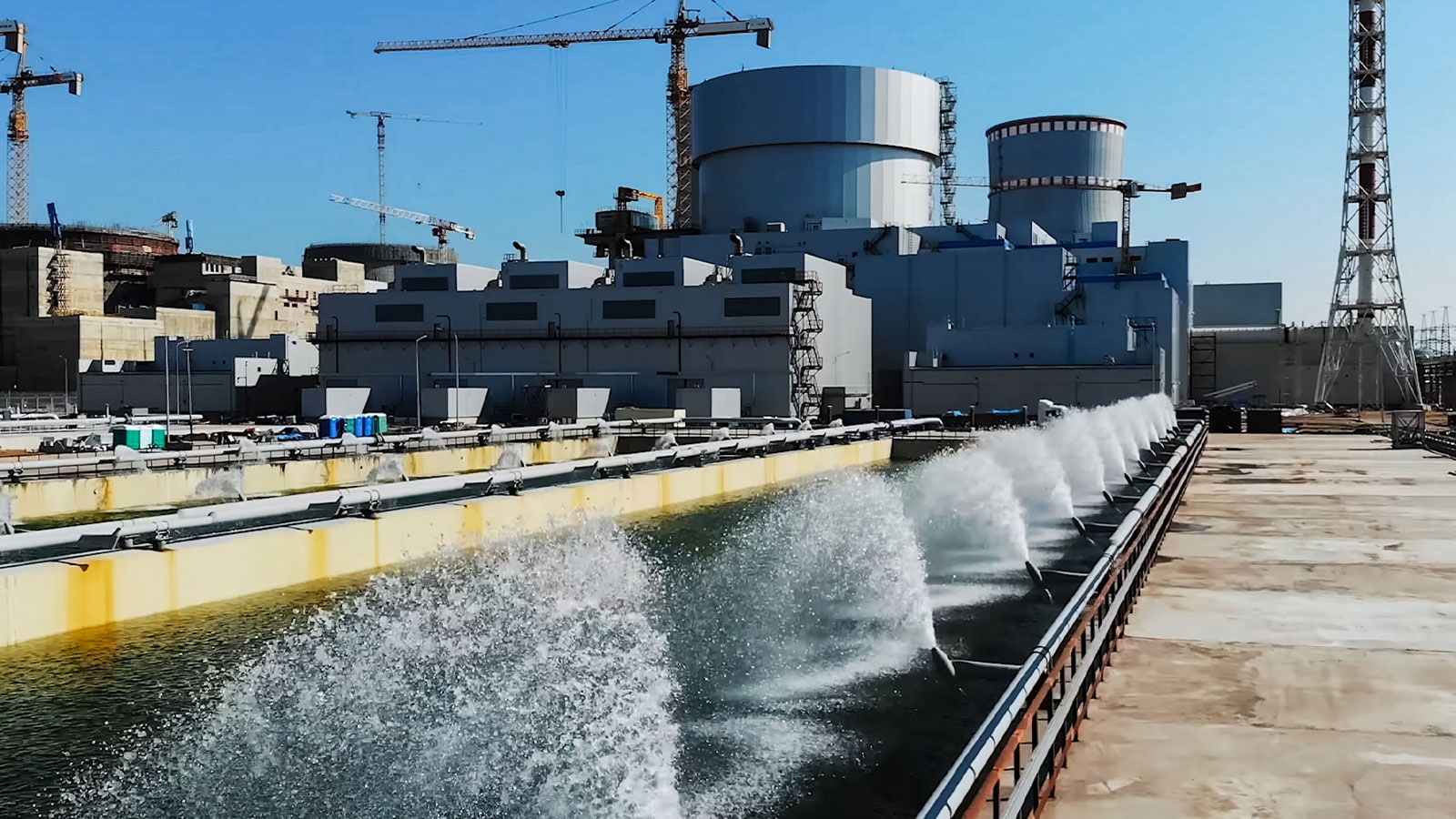{{item.title}}
{{item.text}}

{{item.text}}

As an important resource for life, and a catalyst for economic growth and prosperity, the WSS situation in Kenya is yet to reach the optimal level of efficiency.
The past performance of national water and sanitation utilities has been characterised by management inefficiencies, poor investment planning and suboptimal operations and maintenance of WSS infrastructure. Nonetheless, the sector has made significant progress mainly due to reforms, harmonisation and alignments efforts of different stakeholders. According to the Kenya National Water Services Strategy (2007 - 2015), sustainable water access levels in Kenya are currently estimated to be at 57%, while sanitation is estimated at 50%. In the urban areas, sustainable access to safe drinking water and proper sanitation is estimated at 60% whereas access for the urban poor and in rural areas is estimated at 20% and 40% respectively.
Central to WSS reform is the isolation of management of water resources and the provision of water and sewerage services. The Water Act (2002) provides the basis of decentralised structures, from the line ministry in charge of WSS affairs to the consumer. Institutions that have come up as a result of this decentralisation are varied from a functional and jurisdictional point of view and include Water Services Regulatory Board, several Water Services Boards, Water Resources Management Authority, Water Services Trust Fund, and the Water Appeals Board.
As leading provider of professional services to regulated and unregulated utility companies worldwide, PricewaterhouseCoopers is a recognised leader with over two decades of financial advisory experience in the water and waste-water industries. Our WSS advisory team is a combination of assurance, tax, and advisory professionals drawn from our water/wastewater industry client teams.
This ensures that our client service approach, industry knowledge and expertise are leveraged for the benefit of our clients across the sector. The services we provide in this sector are diverse and comprise the following:
In Kenya, we have worked over the years on various assignments to formulate, implement and enhance an environment for institutions to implement and sustain reforms so as to ensure sustainable improvements in the sector performance.
A number of challenges exist in the WSS sector. These range from Central Government, donor, utility, and end user related challenges. We focus on the top three challenges below.
{{item.text}}

{{item.text}}

